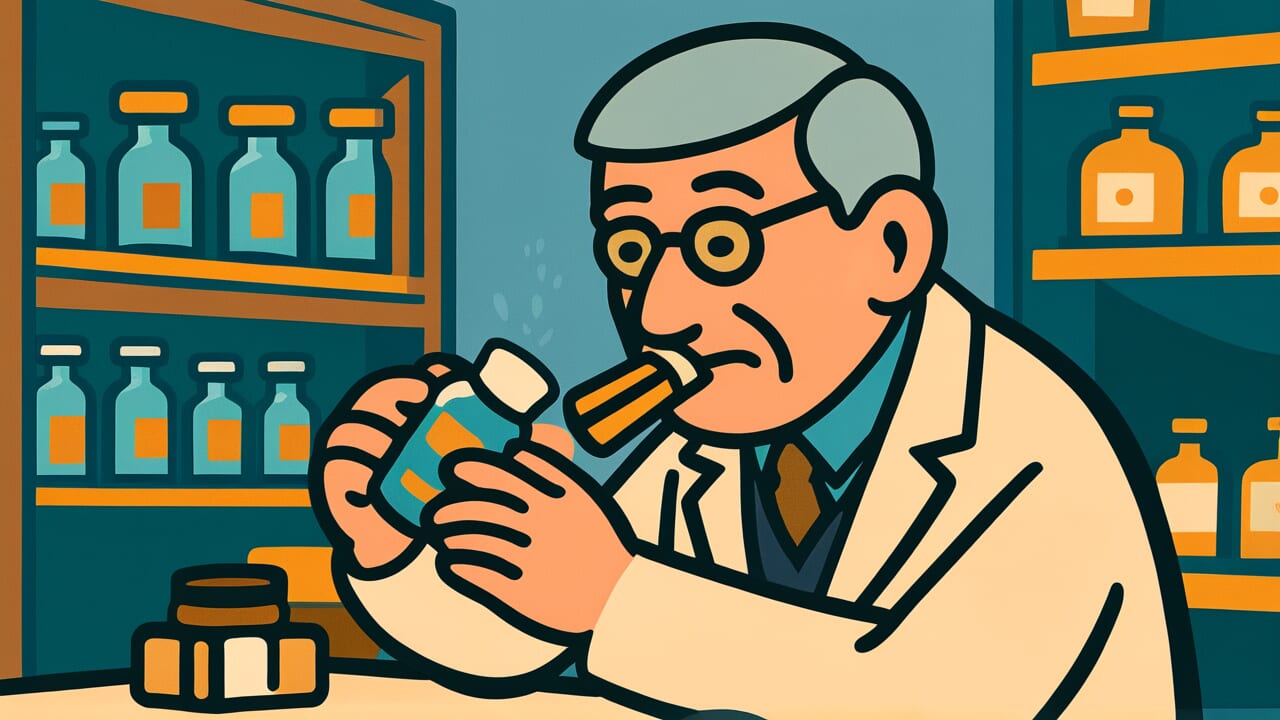How to Read “Time is medicine”
Toshi ga kusuri
Meaning of “Time is medicine”
“Time is medicine” means that emotional wounds and worries naturally heal as time passes. Heartbreak, separation, failure, or setbacks that feel unbearable today will gradually hurt less. Eventually, you’ll be able to accept what happened.
This proverb comforts people who are experiencing deep sadness or suffering. You don’t need to force yourself to forget or rush to recover. By letting time take its course, your heart will naturally heal. This saying offers hope.
People still use it today for many situations. The grief of losing someone important, pain from troubled relationships, or regret over personal mistakes all fit. It reminds us that time is the most reliable healer for problems that can’t be solved immediately. This is warm wisdom passed down through generations.
Origin and Etymology
No clear written records explain the origin of “Time is medicine.” However, the structure of the phrase itself offers interesting insights.
This expression treats “year” or the passage of time as “medicine” through metaphor. In ancient Japan, medicine was precious and valued for healing illness. But no doctor could prescribe medicine for emotional wounds or worries. Our ancestors realized that the flow of time itself was the best treatment.
What’s interesting is the grammatical structure. The phrase doesn’t say “take medicine” but “time is medicine.” Time itself acts as the subject doing the healing. This shows a passive healing process where humans don’t do anything. Time actively works on us instead.
The saying also connects deeply with traditional Japanese views of nature. Japanese people have always cherished the changing seasons. For them, the flow of time wasn’t just passing moments. It was nature’s work itself.
Just as flowers bloom in spring and fruit ripens in autumn, hearts naturally recover as time passes. This trust in natural order lives within these words. Such faith in nature’s providence created this simple yet powerful expression.
Usage Examples
- I cried every day after my breakup, but six months later I can smile again. “Time is medicine” really is true.
- That failure was truly painful, but “Time is medicine” has helped me see it as a valuable experience now.
Universal Wisdom
“Time is medicine” contains deep insight into the human heart’s ability to recover. Why did our ancestors compare time to medicine?
Because the process of healing emotional wounds resembles how medicine works. Medicine doesn’t work immediately after you take it. It acts slowly inside your body, easing symptoms without you noticing. Emotional pain works the same way.
You won’t feel dramatically different between yesterday and today. But compare how you feel now to a month ago or six months ago. You’ll notice you’ve definitely gotten better. People have experienced this gradual recovery for thousands of years.
This proverb survives because humans are fundamentally “bad at waiting.” We want to escape suffering immediately. But no matter how impatient we are, emotional wounds need natural healing time. Our ancestors understood the importance of accepting this fact.
Thinking deeper, this proverb also teaches the value of “forgetting.” Human memory isn’t perfect. As time passes, painful memories fade and intense emotions soften. This isn’t a flaw. It’s wisdom for survival.
If painful memories stayed vivid forever, people couldn’t move forward. The power to forget might be humanity’s greatest healing ability.
When AI Hears This
Human memory and emotion can be understood as “a mixture of signal and noise” in communication engineering terms. Right after a painful event, intense emotions like anger and sadness cover the entire signal like high-frequency noise. At this moment, we perceive the noise more strongly than the essential information.
Information theory uses “time averaging” to remove noise. When you observe the same signal over a long period, random noise cancels itself out. Only the consistent signal remains. The human brain does similar processing.
As time passes, emotional responses gradually decay in memory. Meanwhile, low-frequency essential information like “what I learned from that experience” continues to be retained.
What’s interesting is that an optimal time scale exists for this processing. In communication systems, you set an appropriate filter time constant based on the signal’s characteristics. In human psychology, small worries take a few days, while major losses take several years. The time for “medicine to work” changes depending on how significant the event was.
This happens because the brain automatically sets an optimal filtering period based on the information content of each experience.
In other words, time doesn’t just pass by. It functions as a high-performance filter that extracts truly valuable information from the noisy signal of experience.
Lessons for Today
“Time is medicine” teaches modern people not to seek instant results in everything. We live in a convenient era. Information arrives instantly, products are delivered the next day, and messages get immediate replies. But no technology can speed up emotional recovery.
This proverb tells us not to rush. Even if today is painful, it won’t last forever. You don’t need to force yourself to be positive or deny your pain. Just trust time and live each day carefully. Before you know it, your heart will feel lighter.
The proverb gives you courage to believe in natural recovery.
It also teaches kindness toward others. Instead of giving easy encouragement to suffering people, true compassion means saying “time will solve this, so don’t push yourself now.” When you’re struggling or when someone around you is suffering, remember these words. Time is the most reliable healer, given equally to everyone.



Comments